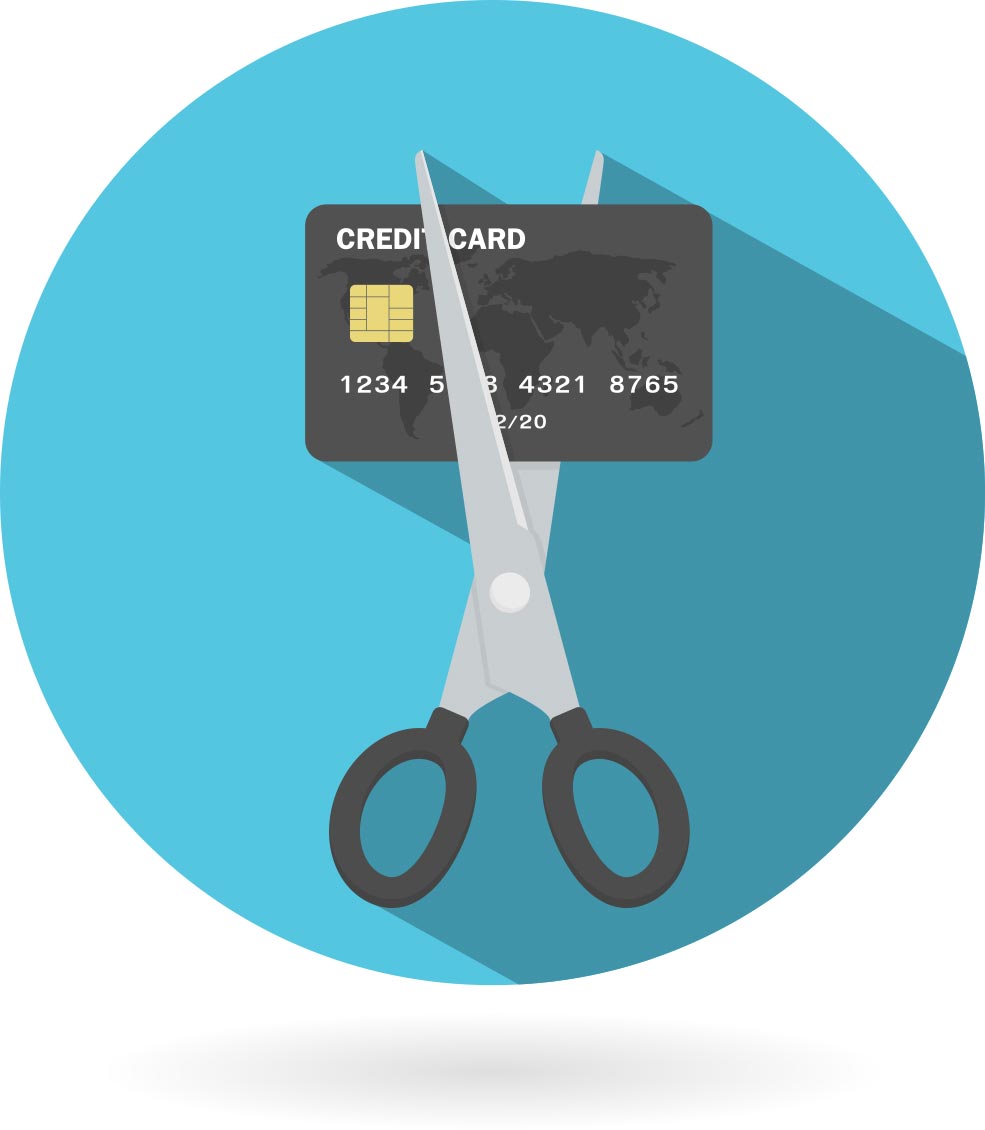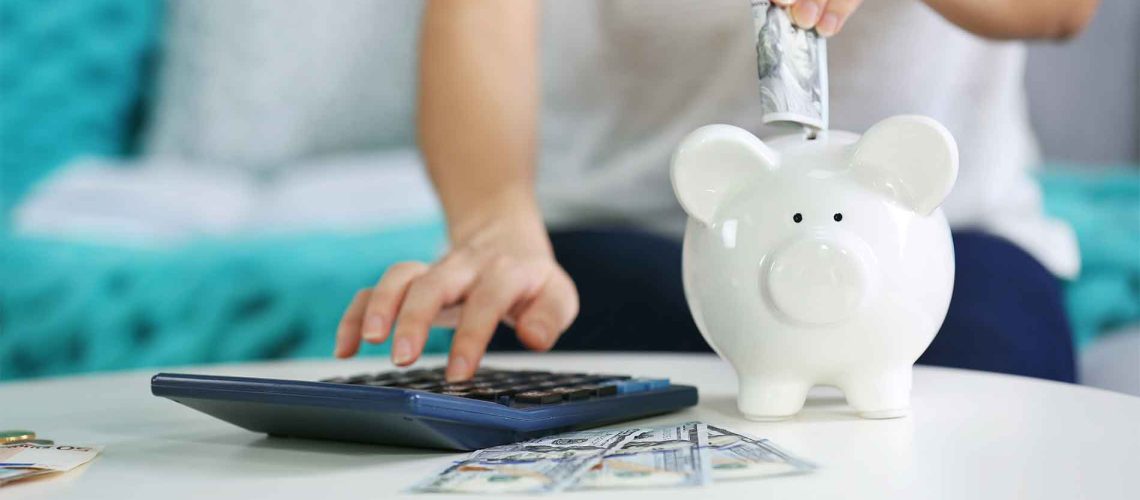Saving money while you have debt may seem counterintuitive. After all, if you don’t meet your debt repayments you will end up paying more in interest and watching that money go down the drain. However, there are ways around this and you can actually save while in debt without paying back more over time.
What happens if I don’t save when in debt?
Have you ever heard of putting money away for a rainy day? If you have no money in savings and are only concentrating on paying back your debt, it means you have to rely on your credit cards if anything happens. This makes it even harder to pay off your debt in the long run and can be financially crippling for you.
What happens if I don’t pay the debt?
This also isn’t a great option as over time you will pay more in interest charges. This means you will spend more money on interest than you actually manage to put away in savings, which just doesn’t make sense. Taking this approach also means you are on track for entering retirement with a debt on your hands, so you will be unable to live comfortably and have to work even harder to pay off the debt.
The blended approach
It’s important not to focus on just your savings or just your debt. Instead, you want to have a blended approach to it to ensure you are getting the best of both worlds and nothing goes ignored. Having said this, there are times when you should be focusing on your debt and times when your savings should come first.
When debt should come first…
If you own credit cards with high-interest rates then it is worth paying these off first before concentrating on your savings. This will give more of a financial break and ensure you aren’t paying copious amounts of interest.
When savings should come first…
If you manage to have a debt with a low-interest rate then it can make sense to put money aside into savings until you have enough there for an emergency. Once you are comfortable with the amount you have put away in savings, then it’s time to pay off the debt. The general aim is to have three to six months’ worth of expenses in savings for a rainy day.

Tackling both savings and debt
The best idea to tackle debt and savings at the same time is to make your minimum debt payments so that your interest doesn’t get out of control, while also putting money away into savings.
Debts are generally long term and in that time, you will no doubt have an emergency crop up. Whether you have a car accident, your heating breaks, you get sick, or something else, you need the money there to help you out. If you don’t have savings there, you will end up going into more and more debt which will be harder to find your way out of.
How to pay off debt?
Start with your highest interest rate debt first. You want to knock this one out, so you aren’t watching your money go into paying interest and getting you nowhere. The minimum payments are typically quite low, so if you have saved enough for a rainy day, consider putting your money into the debt and paying more than the minimum payment to cover it.
At the same time, avoid using your credit card to make purchases. Over time, it can actually double the cost of the purchase through interest. Wait until you are out of debt before pulling out the credit card again, as once you are on top of it, you can make monthly payments without incurring interest and the card can work in your favour again.
The key to saving money when in debt is to budget
So how can you achieve all of this? Set yourself a budget for each week. A budget is a great way of organising your finances so that you can quickly assess how much money you can save, and how much to spend.
Write down all your expenses
Food, electricity, bills, mortgages and so forth. Now is your time to shop around and make sure you are getting the best deal on these. Ring up your provider and see if you can get them reduced. There is no harm in asking and you may get pleasantly surprised by their answer.
Write down income streams
Write down how much you are earning each week. Is it covering your expenses? If there is a gap, you may need to further look at cutting down your expenses or consider picking up a side hustle. Do you have a room you can rent out? Are there additional skills you can offer? Anything to bring in a little extra cash.
How much do you have in savings?
How much do you already have in savings? If you don’t have enough in your rainy-day fund, split up any leftover money between savings and paying off your debt.
Remember to keep at it. Paying off debt takes time, the important thing is to make sure you don’t go further into debt in the process, as this is much harder to recover from.





